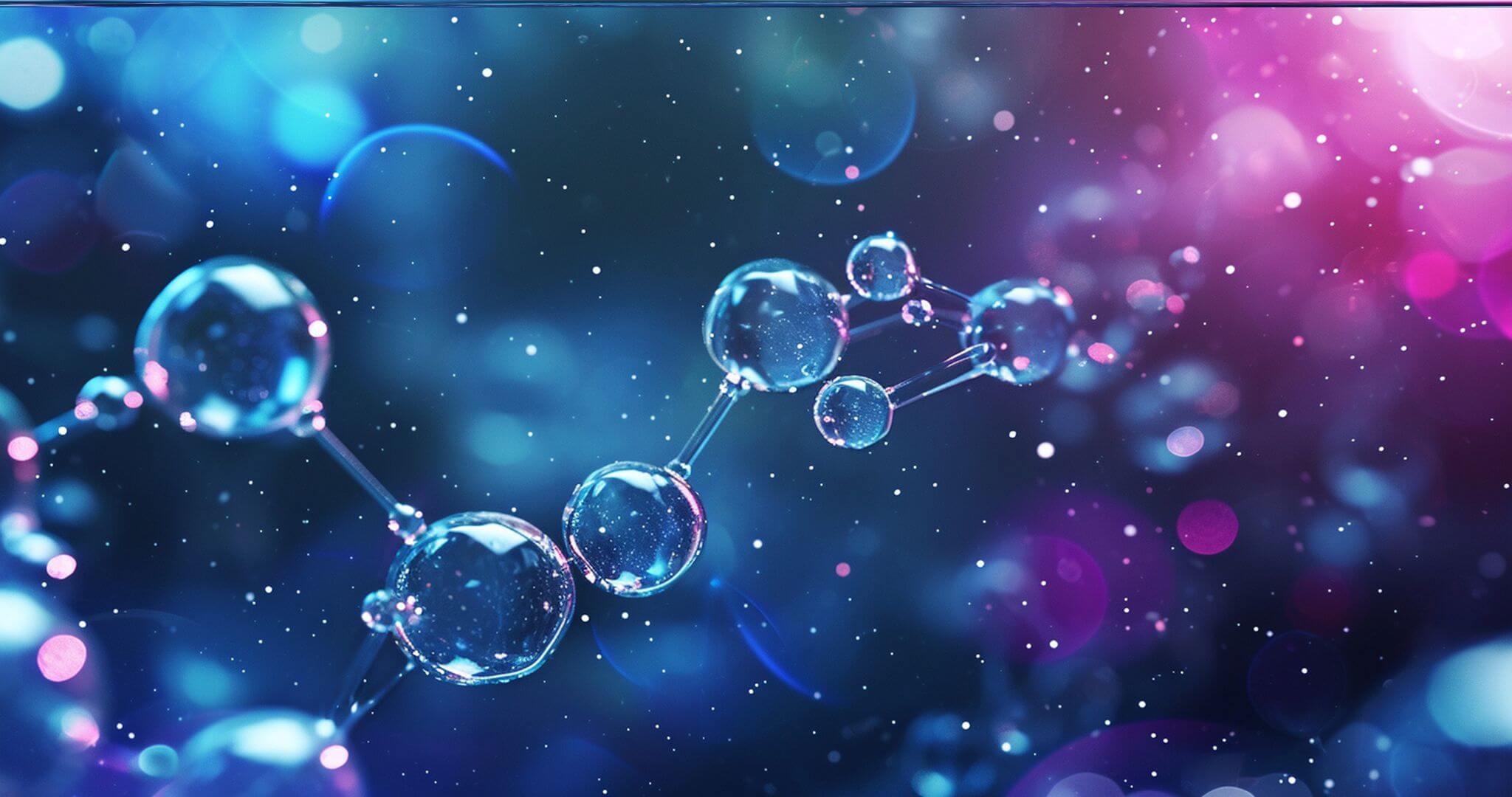Glutathione in Cancer Prevention and Treatment
As more and more studies are published demonstrating the numerous benefits of glutathione, many people want to know: Can glutathione help cancer patients?
But to understand the relationship between glutathione and cancer, we must first define what cancer is. According to the Mayo Clinic,
“Cancer is caused by changes (mutations) to the DNA within cells. The DNA inside a cell…contains a set of instructions telling the cell what functions to perform, as well as how to grow and divide. Errors in the instructions can cause the cell to stop its normal function and may allow a cell to become cancerous.”
Simply put, cancer occurs when cells replicate uncontrollably and do not die off when they should. These rogue cells then clump together to create tumors or spread throughout the body, invading normal tissues and causing severe damage or destruction.
The Glutathione Cancer Connection
Glutathione (GSH) is a crucial element in regulating the reactions that happen inside and among cells as they carry out tasks like releasing energy from food, repairing tissue damage, or supplying oxygen throughout the body. These reactions are critical for keeping all of our systems humming along.
However, these reactions also create a byproduct called free radicals. Free radicals are a normal part of cellular function, but if there are too many, they can disrupt and damage cells, including the DNA that dictates cell life/death cycles. This damage is called oxidative stress.
As a powerful antioxidant, GSH controls free radicals by turning them into less harmful molecules that our bodies can eliminate. This, in turn, prevents high levels of oxidative stress and helps protect cell DNA.
Glutathione Levels and the Likelihood of Developing Cancer
Since cancer and glutathione are both closely tied to cellular functions, it stands to reason that insufficient glutathione is connected to our likelihood of developing certain cancers. Research backs this up. Time after time, we find that low GSH and high levels of oxidative stress are correlated with higher risk of cancer and decreased ability to fight it.
For example, one study states that, “Colorectal cancer is associated with oxidative stress, and assessment of oxidative stress…is important for the treatment and prevention of colorectal cancer.”
In another study of oral cancer risk, researchers found that “low GSH levels, which are associated with increased oxidative stress” were also linked with a greater chance of cancer.
Glutathione as a Tool for Improving Cancer Treatment
Fortunately, medical research shows that glutathione can be a valuable tool in helping patients overcome cancer.
Higher GSH levels, for example, could make some anticancer drugs more efficient by boosting cell turnover. In other studies, GSH supplementation reduced nerve pain and overall toxicity in patients undergoing chemotherapy for colorectal and ovarian cancers. By helping patients tolerate treatments and making sure treatments are as effective as possible, GSH can thus improve the quality of life and disease outcomes.
Glutathione and Cancer Prevention
There are many factors that affect our likelihood of facing cancer including genetics, exposure to certain harmful substances, and lifestyle choices.
As we have seen, glutathione is vital for protecting cells and keeping them functioning well. In a healthy body, it helps control the free radicals and oxidative stress correlated with some types of cancer. If you are concerned about developing cancer, do your best to keep healthy habits like eating a balanced diet and exercising regularly. Apart from this, supplementing your GSH levels can also ensure your cells have every possible defense.
To get the full details on how glutathione can help your body prevent, fight, or recover from cancer, check out Dr. Nayan Patel’s Glutathione Revolution. You may also be interested in information on why transdermal glutathione supplements like Auro Glutaryl (or Auro GSH Spray are) is the best way to supplement glutathione.




